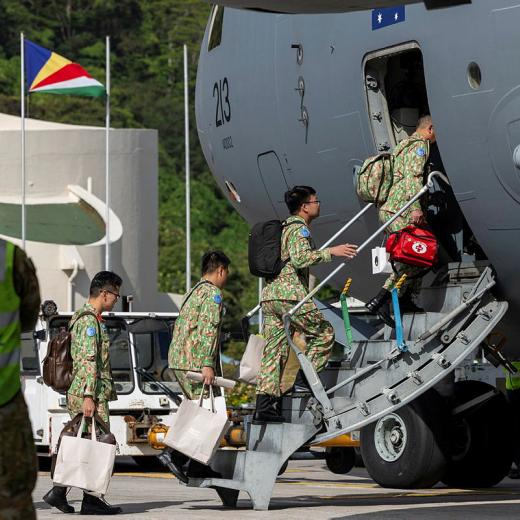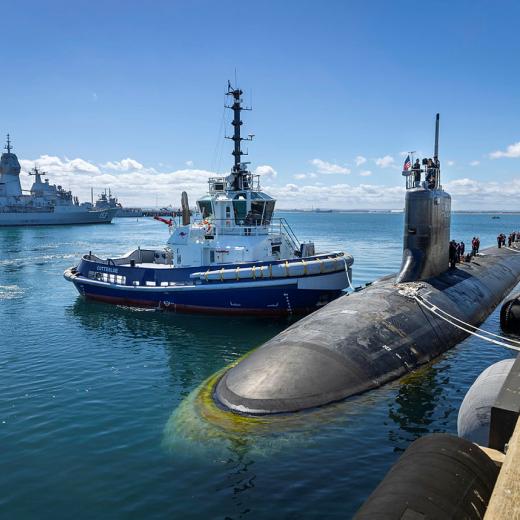BLUF
The Duke of Wellington is probably the most famous wartime General that the UK has ever produced—he is most famous for his complete and utter defeat of the French under Napoleon at the Battle of Waterloo.Summary
Poet laureate Alfred Lord Tennyson described him as the 'last great Englishman'. Arthur Wesley (later changed to Wellesley) would become known as the Duke of Wellington or the 'Iron Duke'. Some key points about his life include:
-
He was born in 1769, the third surviving son in an aristocratic Anglo-Irish family.
-
As a boy, Wellesley was a lazy, unhappy and socially-awkward child who exhibited few of the talents that would come to make his name.
-
In 1786, Wellesley began his military career.
-
Wellesley joined the 33rd Foot and soon became the regiment's commanding officer.
-
His regiment was sent to the Netherlands the following year, where the French defeated the British.
-
His elder brother Richard Wellesley, 1st Marquess Wellesley, was at the time the Governor-General of India.
-
In 1803, while serving in India, Wellesley claimed the first significant victory of his career—a desperate battle at Assaye in western India.
-
By 1806, Wellesley was a member of parliament.
-
That same year, he married Kitty Pakenham.
-
The couple had two sons, but the relationship was not happy.
-
In 1807, Wellesley was appointed chief secretary for Ireland, taking the position only on the condition that it did not interfere with his army career.
-
In January 1812, Wellesley led his troops from Portugal into Spain.
-
By July, his forces won a decisive victory over the French, and all of Europe considered Wellesley a military genius.
-
Victory over France won him a new title—the Duke of Wellington.
-
The military hero was invited to become Britain's ambassador to France, and Wellington moved to Paris.
-
In February 1815, Napoleon returned to France, where the people and the army rallied behind him.
-
Europe's rulers called on Wellington's military prowess again.
-
Wellington left for the battlefront, and on 18 June, in a bloody battle at Waterloo, Wellington defeated Napoleon once and for all.
-
In 1828, Wellington became prime minister but was forced to resign in 1830.
-
The following year, his wife Kitty became ill and died.
-
Wellington was almost 80 years old when he retired from public life, but even then, he retained his post as commander-in-chief of the armed forces.
-
In 1852, Wellington had a stroke and died.
-
More than 1.5 million people lined the streets to pay their respects at his state funeral.
References
- Dec 2020 Cove Collective Duke of Wellington
- May 2021 UNSW Canberra Guide to the Papers of Arthur Wellesley, 1st Duke of Wellington
- Jul 2021 Military History Now Wellesley in India — Inside the Future Duke of Wellington’s Astonishing 1803 Campaign in the Second Maratha War
- Sep 2021 History Hit The Duke of Wellington: Where History Happened



